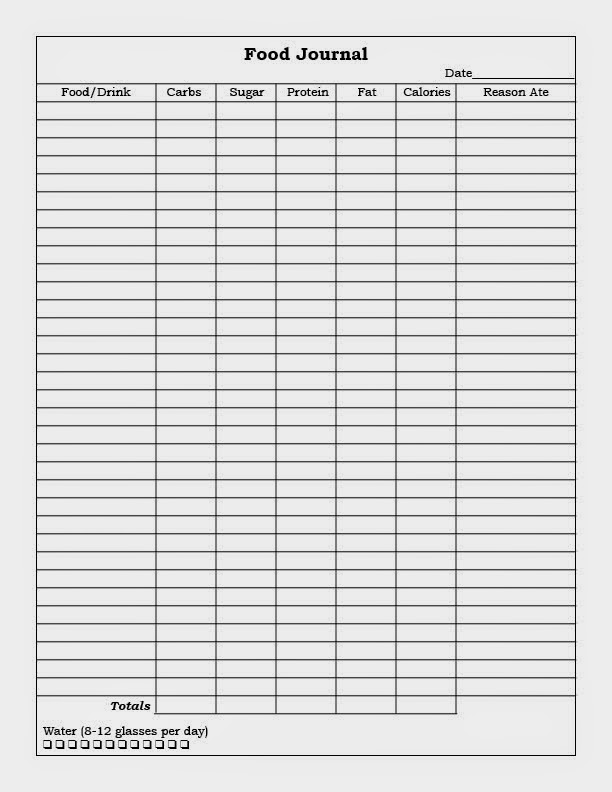 |
| Fresh Water with Lemon |
Drink water, water, water, water, water, water, water, water every day. The human body is a combination of blood, muscles, tendons, bones, organs and lots of water. Dehydration can make you ill and make you gain weight. Water, which is preferably not tap water but filtered, hydrates your body and flushes out impurities. Coffee does not count as your daily water intake nor does caffeinated teas, colas, hot chocolate, etc. Just because a beverage contains water does not mean it will hydrate your body.

Keep a Food Journal:
 A food plan that is extremely complicated and
restrictive is one you will probably not be able to follow for very
long. A plan that has all prepackaged foods works but you must take the
time to learn how to prepare these foods for yourself. Counting
calories and carbs is possible but time consuming and tiresome over
time. Keeping a food journal is a good idea whether you decide to count
calories and carbs or not. You will probably be amazed at the amount of
foods you eat during the course of the day that you did not realize
which added up to way too much. Unconscious eating is probably the main
cause for your excess weight.
A food plan that is extremely complicated and
restrictive is one you will probably not be able to follow for very
long. A plan that has all prepackaged foods works but you must take the
time to learn how to prepare these foods for yourself. Counting
calories and carbs is possible but time consuming and tiresome over
time. Keeping a food journal is a good idea whether you decide to count
calories and carbs or not. You will probably be amazed at the amount of
foods you eat during the course of the day that you did not realize
which added up to way too much. Unconscious eating is probably the main
cause for your excess weight.Keep your home 'safe'!
This means, don't buy goodies or foods that have little to no nutritional value. If you have foods handy that satisfy your craving rather than your need for nutrition you will have weak moments and end up eating junk. When buying foods keep in mind that whole grains reduce your risk for diseases, fill you up quicker and make the full feeling last longer plus they add vitamins like A and E to your daily intake plus providing antioxidants. Whole grain or brown breads, wheat or brown rice, sweet potatoes instead of white potatoes all make a huge difference.
The best way to eat is three small and balanced nutritious meals plus two healthy snacks to keep your metabolism even. Starting your day with a high-fiber, nutritious breakfast will keep you full longer. If your day is too busy to eat on schedule you can eat a few almonds or other nuts. This is a nutritious snack which is filled with fiber that will keep you from feeling hungry while you run errands.
Eat Nutritious Foods FIRST
Concentrate on eating foods that have high volume and low calories like soup and salad, raw vegetables, green vegetables, fruits and keep drinking water. Stay away from canned anything if possible. Processed and packaged foods have little food value. Fresh fruits and vegetables that are not overcooked is always your best choice. Grains, seeds, nuts and high water content foods will keep your body functioning well and you will not be experiencing hunger pains and cravings.
Legume is your friend and will supply your need for protein instead of ingesting a lot of red meats that are hard for your body to assimilate. No added sugar and no added salt is always your best choice. Try to vary your intake of foods but do not overeat. Keeping your portion sizes smaller will automatically keep your calorie intake lower. Try using a smaller dinner plate to control your portion sizes.
Keep Your Body Moving
To lose weight you will need to get your body moving. Exercise does wonders for speeding up weight loss efforts and giving you more energy during the day. Whatever eating plan you decide is best for you, combine it with a sensible exercise plan and you will have good results. It is not a good idea to be extreme with either your eating or your exercise. Consistency and a balanced diet is the key to successful weight loss. Slow and easy wins the race.



No comments:
Post a Comment